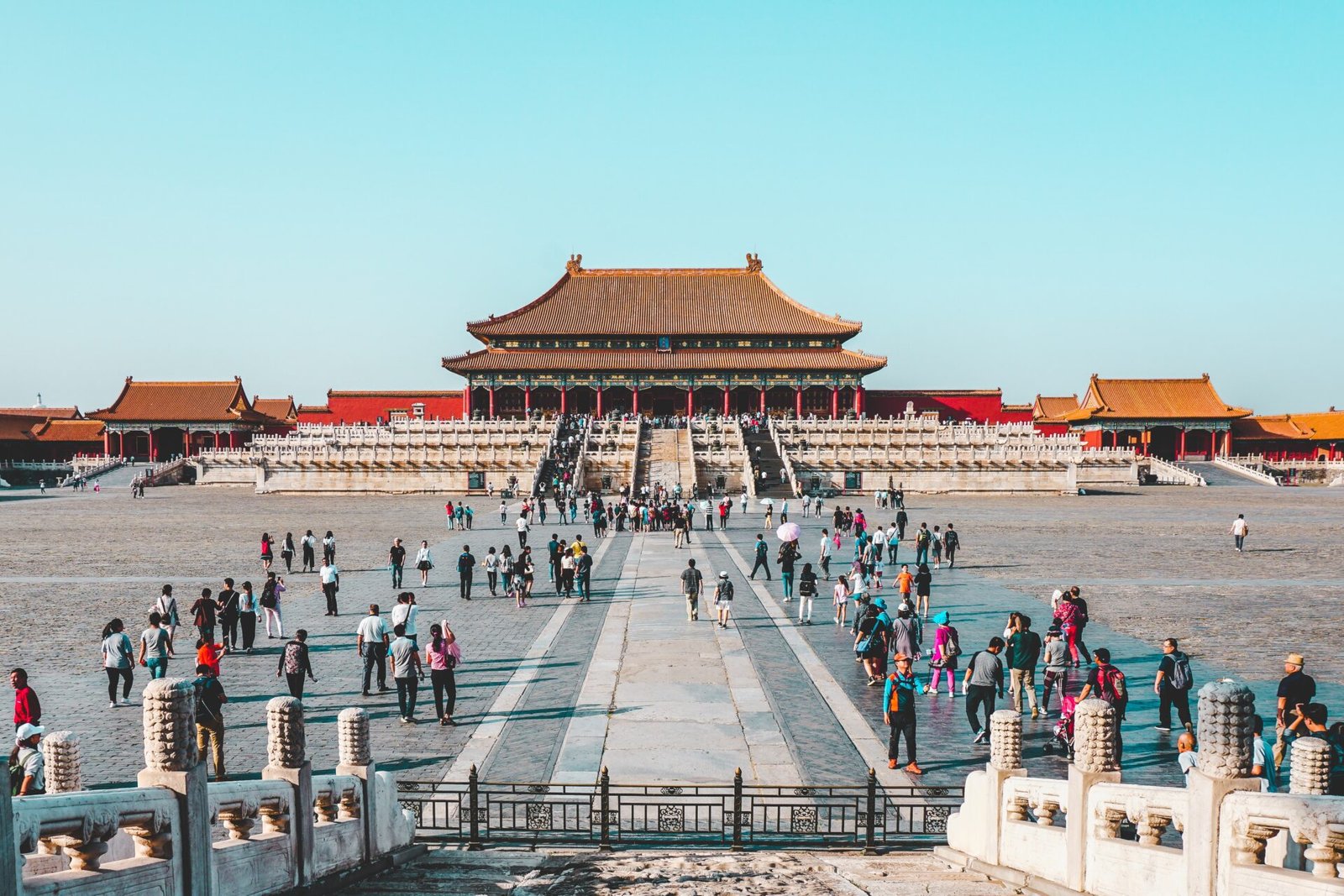BEIJING/TAIPEI, Aug 13: China’s strong denunciation of a brief U.S. visit by Taiwan Vice President William Lai has brought into sharp focus the longstanding political tensions between Beijing and Taipei. This condemnation, resulting in a strong response from Taipei, emphasizes the tightrope that countries, especially the U.S., have to walk in navigating the sensitive issue of Taiwan’s status.
Lai’s Visit: William Lai, who is currently the leading candidate to become Taiwan’s next president, arrived in New York on Saturday night. This arrival was part of an official transit stopover as Lai was on his way to Paraguay for the swearing-in of its new president. His itinerary also includes a planned stop in San Francisco on his return journey. China, which asserts that Taiwan is an integral part of its territory, has been vocal in expressing its disapproval of Lai’s U.S. trip.
The U.S. Stance on Taiwan: While the majority of the world, including the United States, does not maintain official diplomatic ties with Taiwan, the U.S. stands out as Taiwan’s primary international supporter. Not only is the U.S. a significant arms supplier to the island, but it also holds a legal obligation to ensure that Taiwan possesses the means for self-defense. This commitment creates a balancing act for Washington, where it aims to show solidarity with Taiwan without excessively provoking China. Such transit stopovers by Taiwanese officials are one way the U.S. subtly signals its support, but China often views these as provocative gestures.
China’s Condemnation: Shortly after Lai’s plane touched down in New York, the Chinese foreign ministry voiced its criticism. It strongly opposed any visits by individuals they termed as “Taiwan independence separatists” to the U.S. The ministry stated, “Lai stubbornly adheres to the separatist position of Taiwan independence and is a troublemaker through and through.” They emphasized that Taiwan lies at the heart of China’s primary concerns and accused Taiwan of escalating tensions in the Taiwan Strait by leaning on the U.S. for support. China also underscored its intent to take robust measures to defend its national sovereignty and territorial integrity.
Taipei’s Retort: In response, Taiwan’s Mainland Affairs Council, responsible for policy decisions regarding China, labeled China as the true disruptor. The council highlighted China’s recent military standoff with the Philippines in the South China Sea and its continuous military intimidation towards Taiwan. Their statement read, “Our government firmly defends national sovereignty and security, guards the lines of defense of democracy and freedom, and will never back down, let alone capitulate.”
Lai’s Stance: Lai’s views on Taiwan’s independence have been a point of contention. He has previously identified himself as a “practical worker for Taiwan independence.” However, during his campaign, Lai has consistently emphasized his aim to maintain the current status quo and has stated that only the Taiwanese people have the right to decide their future.
Upon his arrival in New York, Lai was welcomed by supporters waving flags. Expressing his enthusiasm, Lai shared on the messaging platform X (previously known as Twitter) that he was eager to meet friends and attend transit programs in the city. Laura Rosenberger, who chairs the American Institute in Taiwan (AIT)—a U.S. government-run non-profit that oversees unofficial relations with Taiwan—mentioned on X that she plans to meet Lai during his San Francisco stopover.
Anticipated Military Drills: Taiwanese officials are anticipating China to conduct military drills in proximity to Taiwan. They believe China might use Lai’s U.S. stopovers as justification, aiming to unnerve Taiwanese voters in the lead-up to next year’s election by instilling fears of a potential war. This theory gains traction as the Eastern Theatre Command of China’s People’s Liberation Army, responsible for the region encompassing Taiwan, shared a brief video on WeChat. The clip showcased fighter jets engaged in dogfight training exercises. The Command commented on their recent involvement in “high-intensity flight training,” although the specific location of these exercises wasn’t disclosed.
The Bigger Picture: This incident occurs against the backdrop of ongoing efforts by Beijing and Washington to enhance their bilateral ties. There are talks about a potential U.S. visit by Chinese Foreign Minister Wang Yi. If successful, this could set the stage for a crucial meeting between U.S. President Joe Biden and China’s leader Xi Jinping later this year.
Conclusion: The political dynamics of the Taiwan Strait remain one of the most intricate and sensitive issues in global diplomacy. The recent reactions to William Lai’s U.S. visit underscore the inherent challenges and caution required by international players, particularly the U.S., when navigating relations between China and Taiwan. These events not only highlight the complexities but also the broader implications for global peace and strategic alliances.
Read More:
